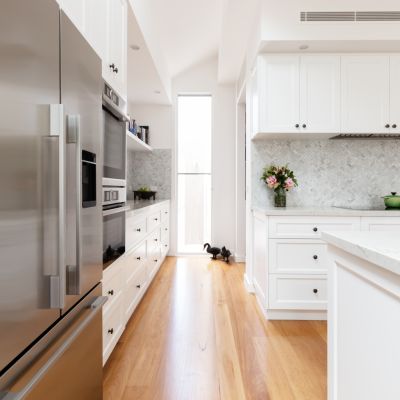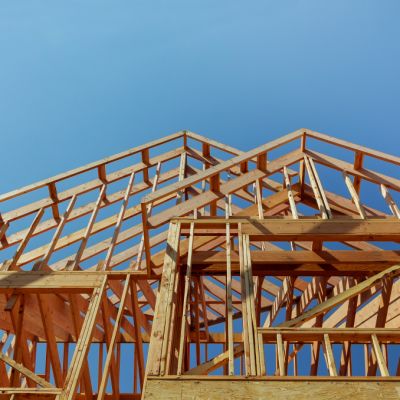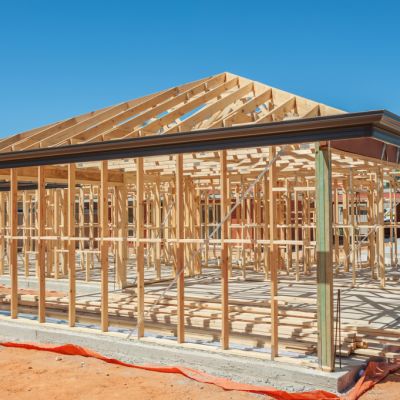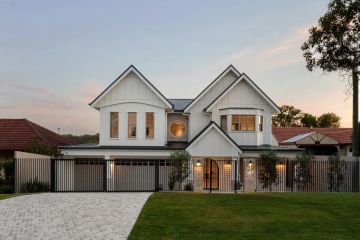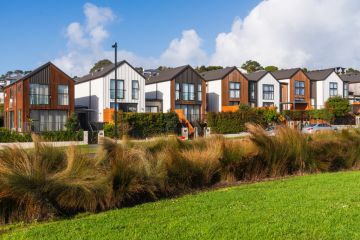How we can all contribute to building more sustainable and affordable homes
In the quest to build better homes, every stakeholder has a critical role. From home owners to governments, builders to architects, every actor in this ensemble plays a part in shaping the future of housing and embracing responsible practices.
Below I shed some light on the key players and their roles within a project to share what I believe are the missing pieces of the responsibility puzzle.
Individuals
Individuals and families serve as the foundation of responsible living. By adopting sustainable practices and advocating for affordable housing options, home owners contribute to a more environmentally conscious and inclusive housing landscape.
Their choices in energy consumption, waste reduction and community engagement set the tone for responsible living within residential spaces.
Communities
Communities serve as hubs of collaboration and innovation. Through cooperation with local governments and organisations, communities can influence zoning regulations and development policies to prioritise responsible building practices and ensure housing accessibility.
By fostering a sense of belonging and inclusivity, communities can create environments where every member can thrive.
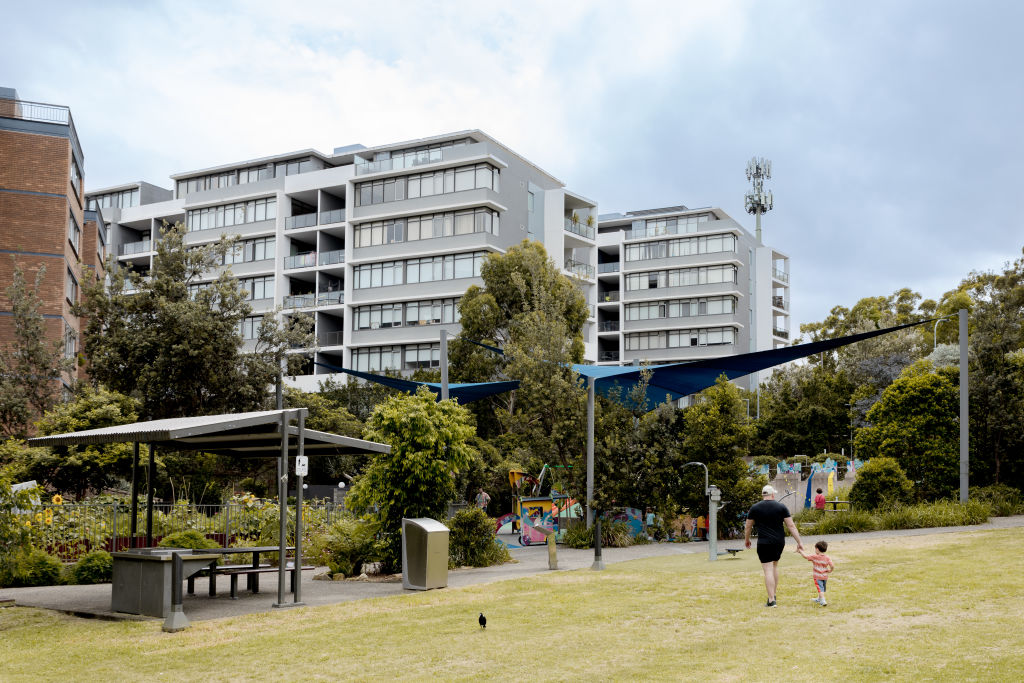
Governments
Governments are pivotal in setting standards and shaping policies that guide housing development.
By enacting and enforcing building codes that prioritise low-carbon materials, waste minimisation strategies, accessibility and affordability, governments lay the groundwork for responsible construction practices.
Additionally, they can encourage developers and home owners to invest in environmentally friendly and socially equitable housing solutions through incentives and subsidies for things like solar and batteries.
Builders and developers
Builders and developers are the hands-on agents of change in the housing sector. By incorporating these practices into their projects, they contribute to reducing environmental impact and enhancing the quality of life for residents.
From smarter material selections to energy-efficient designs, builders can create homes that prioritise both environmental stewardship and community wellbeing.
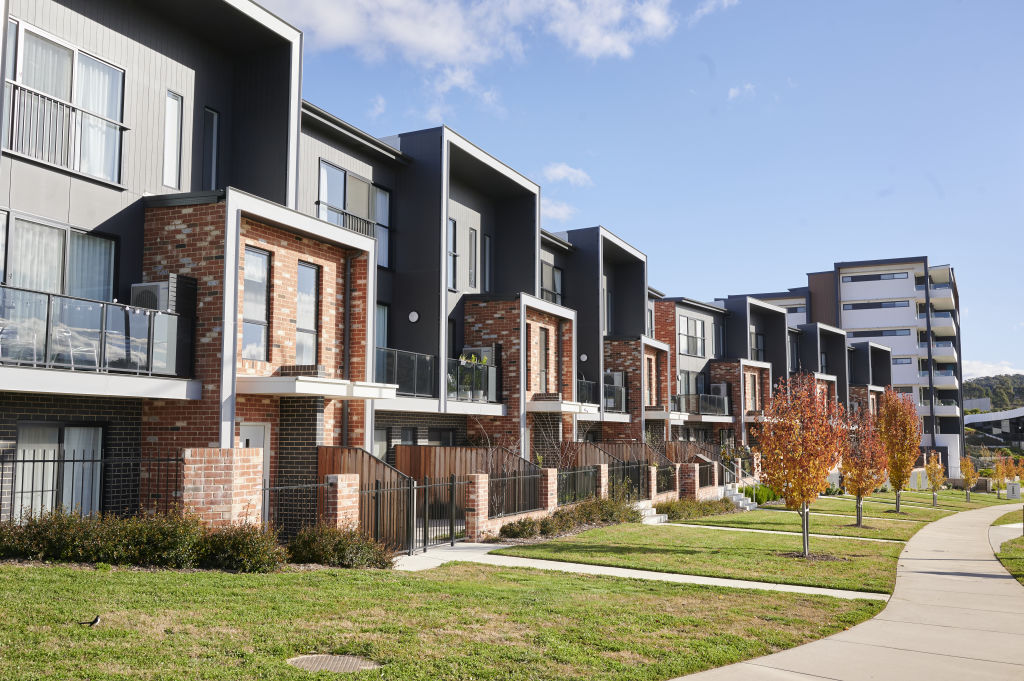
Architects
Architects bridge the gap between vision and reality in the quest for better homes. Through their creative expertise and technical knowledge, they can design spaces that reflect the values of responsibility, inclusivity, form and function.
By prioritising principles of universal design and environmentally friendly practices, architects shape homes that are not only aesthetically pleasing but socially conscious and environmentally responsible.
In this collaborative effort, each stakeholder brings unique perspectives and contributions to the table. By working together towards common goals, we can build homes that are safe, affordable, environmentally sensitive and functional.
It is through this shared commitment to responsibility that we can create communities where every individual has access to a safe, healthy and dignified place to call home.
Dean Ipaviz is a qualified builder, project manager and carpenter who is passionate about the environment and committed to sustainability and creating awareness of sustainable building practices.
We recommend
We thought you might like
States
Capital Cities
Capital Cities - Rentals
Popular Areas
Allhomes
More
